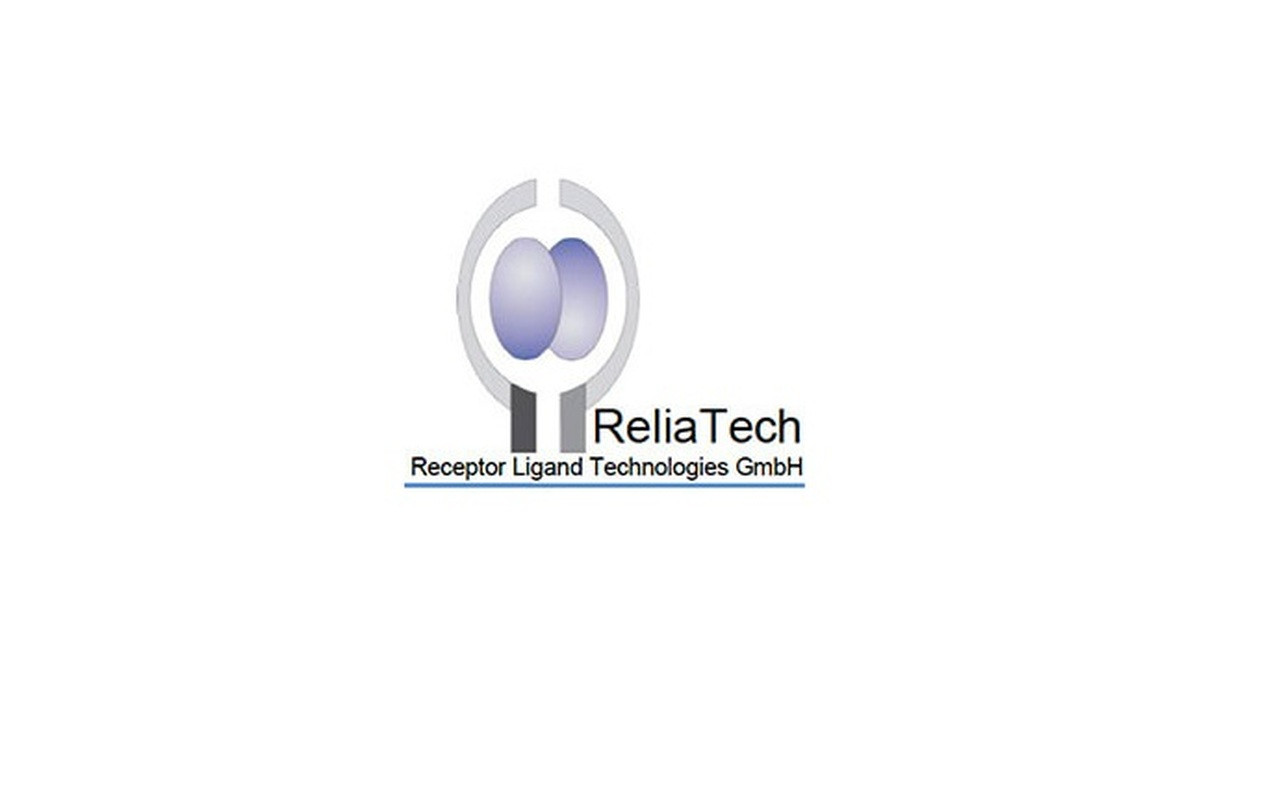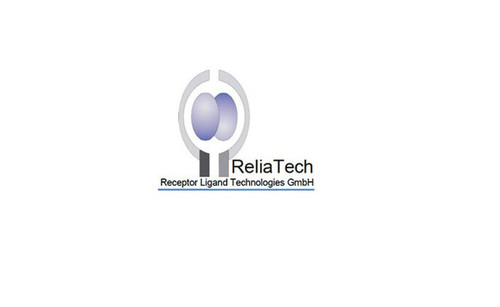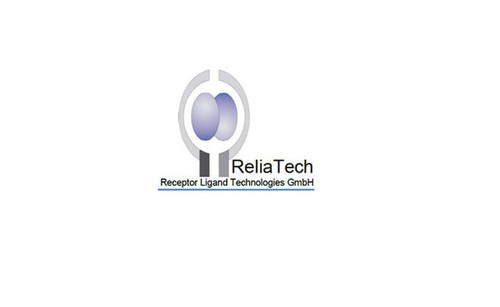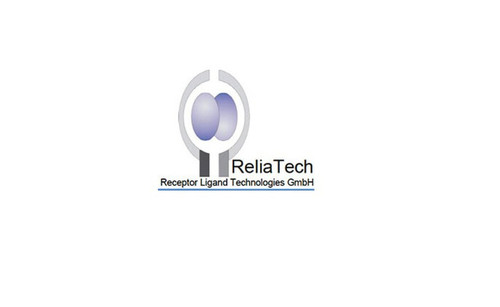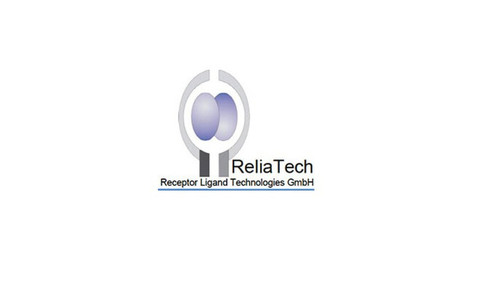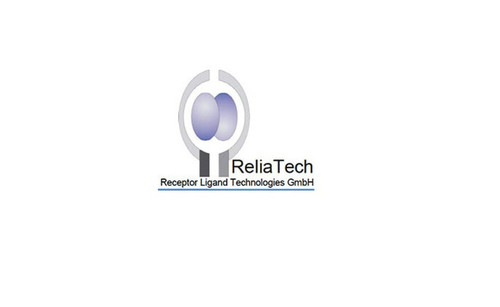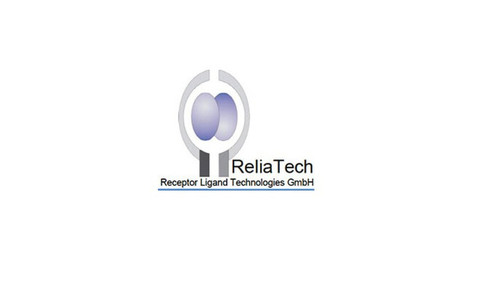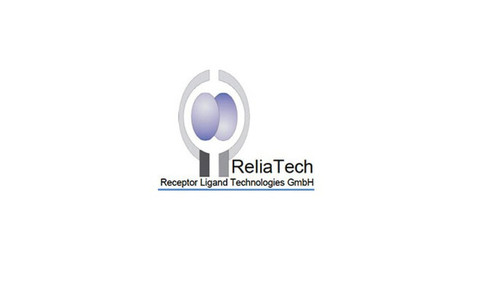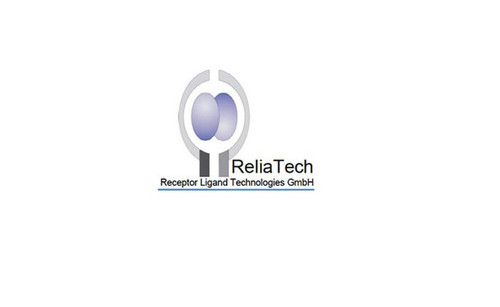Product Description
Rabbit Anti-Human NRP-1 Antibody | 102-PA23S/102-PA23 /102-PA23AG | ReliaTech
Species: Anti-Human
Host / biotech: Rabbit
Comment: N/A
Label: N/A
Clone / Antibody feature: Rabbit IgG
Subcategory: Polyclonal Antibody
Category: Antibody
Synonyms: Neuropilin receptor-1, VEGF165R, NRP, CD304; neuropilin
Isotype: N/A
Application: WB
Detection Range: Western Blot: Use 1-5 µg/ml
Species Reactivity/Cross reactivity: Human
Antigen: Recombinant human NRP-1 (RT #S01-019)
Description: Neuropilin-1 (NRP-1, CD304) is a 130-140 kDa type I transmembrane glycoprotein that regulates axon guidance and angiogenesis. The human NRP-1 contains a 623 aa extracellular domain (ECD) that shows 92-95% aa identity with mouse, rat, bovine and canine NRP-1. The ECD contains two N-terminal CUB domains (termed a1a2), two domains with homology to coagulation factors V and VIII (b1b2) and a MAM (meprin) domain. C-terminally divergent splice variants with 704, 644, 609, and 551 aa lack the MAM and TM domains and are demonstrated or presumed to be soluble antagonists. Heparin, the heparin-binding forms of VEGF (VEGF165, VEGF-B; VEGF-E), PlGF-2, and the C-terminus of Sema3 bind the b1b2 region. NRP-1 and NRP-2 share 48% aa identity within the ECD and can form homo and hetero-oligomers via interaction of their MAM domains. Neuropilins show partially overlapping expression in neuronal and endothelial cells during development. Both neuropilins act as coreceptors with Plexins, mainly Plexin A3 and A4, to bind class III Semaphorins that mediate axon repulsion. However, only NRP-1 binds Sema3A, and only NRP-2 binds Sema 3F. Both are co-receptors with VEGFR-2 (KDR7Flk1) for VEGF165 binding. Sema 3A signaling can be blocked by VEGF165, which has higher affinity for NRP-1. NRP-1 is preferentially expressed in arteries during development or those undergoing remodeling. NRP-1 is also expressed on dendritic cells and mediates DC-induced T-cell proliferation
Purity Confirmation: N/A
Endotoxin: N/A
Formulation: lyophilized
Storage Handling Stability: The lyophilized antibody is stable for at least 2 years at -20°C. After sterile reconstitution the antibody is stable at 2-8°C for up to 6 months. Frozen aliquots are stable for at least 6 months when stored at -20°C. Addition of a carrier protein or 50% glycerol is recommended for frozen aliquots.
Reconstituation: Centrifuge vial prior to opening. Reconstitute in sterile water to a concentration of 0.1-1.0 mg/ml.
Molecular Weight: N/A
Lenght (aa): N/A
Protein Sequence: N/A
NCBI Gene ID: 8829
 Euro
Euro
 USD
USD
 British Pound
British Pound
 NULL
NULL

